LANGUAGE AND POWER
Routledge English Language Introductions cover core areas of language study and are one-stop resources for students.
Assuming no prior knowledge, books in the series offer an accessible overview of the subject, with activities, study questions, sample analyses, commentaries and key readings all in the same volume. The innovative and flexible two-dimensional structure is built around four sections introduction, development, exploration and extension which offer self-contained stages for study. Each topic can also be read across these sections, enabling the reader to build gradually on the knowledge gained.
Language and Power:
 offers a comprehensive survey of the ways in which language intersects and connects with the social, cultural and political aspects of power;
offers a comprehensive survey of the ways in which language intersects and connects with the social, cultural and political aspects of power;
 provides a comprehensive introduction to the history of the field, and covers all the major approaches, theoretical concepts and methods of analysis in this important and developing area of academic study;
provides a comprehensive introduction to the history of the field, and covers all the major approaches, theoretical concepts and methods of analysis in this important and developing area of academic study;
 covers all the traditional topics, such as race, gender and institutional power, but also incorporates newer material from forensic discourse analysis, the discourse of new capitalism and the study of humour as power;
covers all the traditional topics, such as race, gender and institutional power, but also incorporates newer material from forensic discourse analysis, the discourse of new capitalism and the study of humour as power;
 includes readings from works by seminal figures in the field, such as Roger Fowler, Deborah Cameron and Teun van Dijk;
includes readings from works by seminal figures in the field, such as Roger Fowler, Deborah Cameron and Teun van Dijk;
 uses real texts and examples throughout, including advertisements from cosmetics companies; newspaper articles and headlines; websites and internet media; and spoken dialogues such as a transcription from the Obama and McCain presidential debate;
uses real texts and examples throughout, including advertisements from cosmetics companies; newspaper articles and headlines; websites and internet media; and spoken dialogues such as a transcription from the Obama and McCain presidential debate;
 is accompanied by a supporting website that aims to challenge students at a more advanced level and features a complete four-unit chapter which includes activities, a reading and suggestions for further work.
is accompanied by a supporting website that aims to challenge students at a more advanced level and features a complete four-unit chapter which includes activities, a reading and suggestions for further work.
Language and Power will be essential reading for students studying English language or linguistics.
Paul Simpson is Professor of English Language in the School of English at Queen's University Belfast, UK, where he teaches and researches in stylistics, critical linguistics and related fields of study.
Andrea Mayr is Lecturer in Modern English Language and Linguistics at Queen's University Belfast, UK, where she teaches and researches in media discourse and in multimodal critical discourse analysis.
ROUTLEDGE ENGLISH LANGUAGE INTRODUCTIONS
SERIES EDITOR: PETER STOCKWELL
Peter Stockwell is Professor of Literary Linguistics in the School of English Studies at the University of Nottingham, UK, where his interests include sociolinguistics, stylistics and cognitive poetics. Recent Routledge publications include Key Concepts in Language and Linguistics (2007), the Routledge Companion to Sociolinguistics (2007, edited wtih Carmen Llamas and Louise Mullany), Language in Theory (2005, with Mark Robson), and Cognitive Poetics (2002).
SERIES CONSULTANT: RONALD CARTER
Ronald Carter is Professor of Modern English Language in the School of English Studies at the University of Nottingham, UK. He is the co-series editor of Routledge Applied Linguistics, series editor of Interface, and was co-founder of the Routledge Intertext series.
OTHER TITLES IN THE SERIES:
World Englishes 2nd Edition
Jennifer Jenkins
History of English
Daniel McIntyre
Practical Phonetics and Phonology 2nd Edition
Beverley Collins & Inger Mees
Pragmatics and Discourse 2nd Edition
Joan Cutting
Sociolinguistics 2nd Edition
Peter Stockwell
Child Language
Jean Stilwell Peccei
Language in Theory
Mark Robson & Peter Stockwell
Stylistics
Paul Simpson
Psycholinguistics
John Field
Grammar and Vocabulary
Howard Jackson
LANGUAGE AND POWER A resource book for students PAUL SIMPSON AND ANDREA MAYR | 
|

First published 2010
by Routledge
2 Park Square, Milton Park, Abingdon, Oxon OX14 4RN
Simultaneously published in the USA and Canada
by Routledge
711 Third Avenue, New York, NY 10017 (8th Floor)
Routledge is an imprint of the Taylor & Francis Group, an informa business
2010 Paul Simpson and Andrea Mayr
Typeset in Minion by
Graphicraft Limited, Hong Kong
All rights reserved. No part of this book may be reprinted or reproduced or utilized in any form or by any electronic, mechanical, or other means, now known or hereafter invented, including photocopying and recording, or in any information storage or retrieval system, without permission in writing from the publishers.
British Library Cataloguing in Publication Data
A catalogue record for this book is available from the British Library
Library of Congress Cataloging in Publication Data
Simpson, Paul, 1959
Language and power : a resource book for students / Paul Simpson and Andrea Mayr.
p. cm. (Routledge English language introductions)
1. Sociolinguistics. 2. Power (Social sciences) 3. Language and languagesPolitical aspects.
4. Discourse analysis. I. Mayr, Andrea, 1972 II. Title.
P40.S462 2009
306.44dc22
2009015970
ISBN10: 0-415-46899-X (hbk)
ISBN10: 0-415-46900-7 (pbk)
ISBN10: 0-203-86770-X (ebk)
ISBN13: 978-0-415-46899-2 (hbk)
ISBN13: 978-0-415-46900-5 (pbk)
ISBN13: 978-0-203-86770-9 (ebk)
HOW TO USE THIS BOOK
The Routledge English Language Introductions are flexi-texts that you can use to suit your own style of study. The books are divided into four sections:
A Introduction sets out the key concepts for the area of study. The units of this section take you step-by-step through the foundational terms and ideas, carefully providing you with an initial toolkit for your own study. By the end of the section, you will have a good overview of the whole field.
B Development adds to your knowledge and builds on the key ideas already introduced. Units in this section might also draw together several areas of interest. By the end of this section, you will already have a good and fairly detailed grasp of the field, and will be ready to undertake your own exploration and thinking.
C Exploration provides examples of language data and guides you through your own investigation of the field. The units in this section will be more open-ended and exploratory, and you will be encouraged to try out your ideas and think for yourself, using your newly acquired knowledge.
D Extension offers you the chance to compare your expertise with key readings in the area. These are taken from the work of important writers, and are provided with guidance and questions for your further thought.


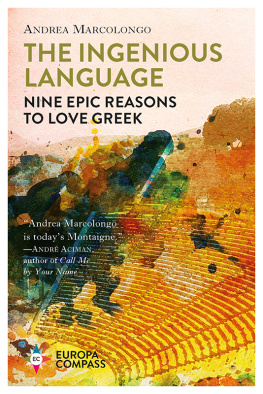

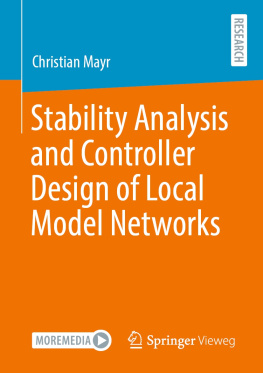
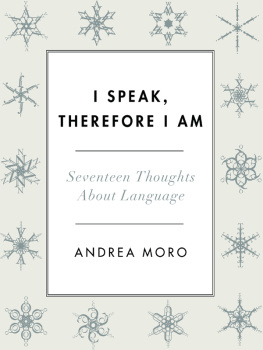
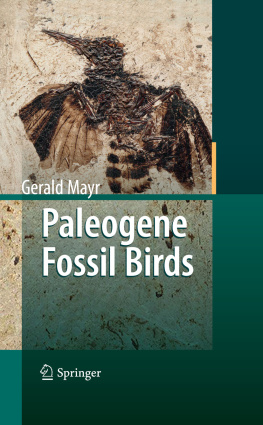
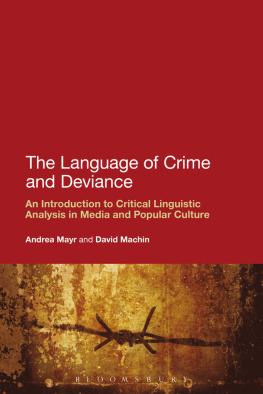
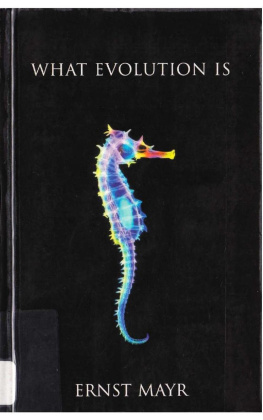
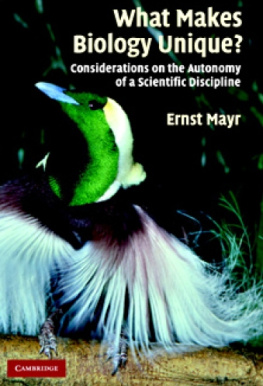
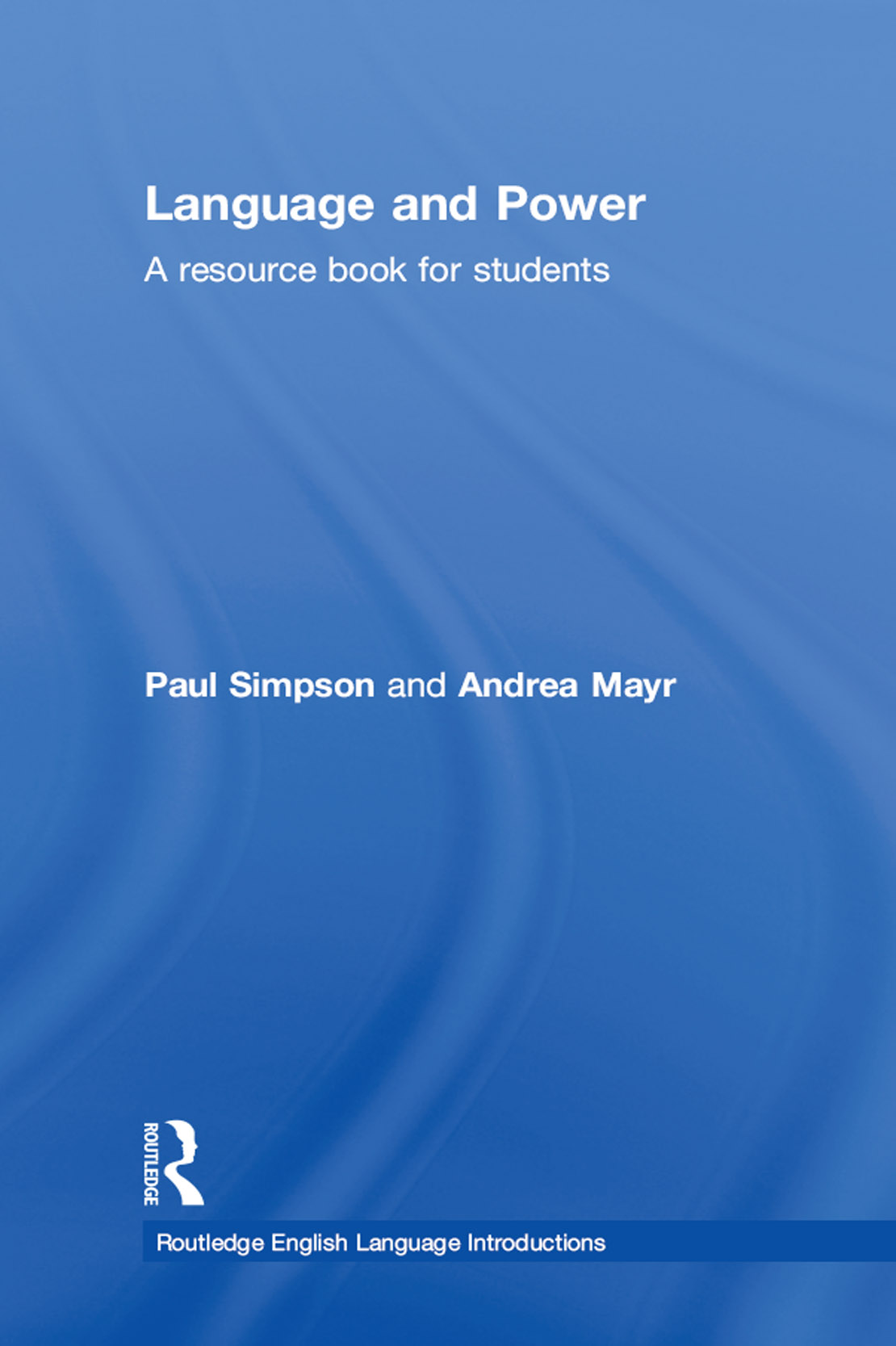
 offers a comprehensive survey of the ways in which language intersects and connects with the social, cultural and political aspects of power;
offers a comprehensive survey of the ways in which language intersects and connects with the social, cultural and political aspects of power;
